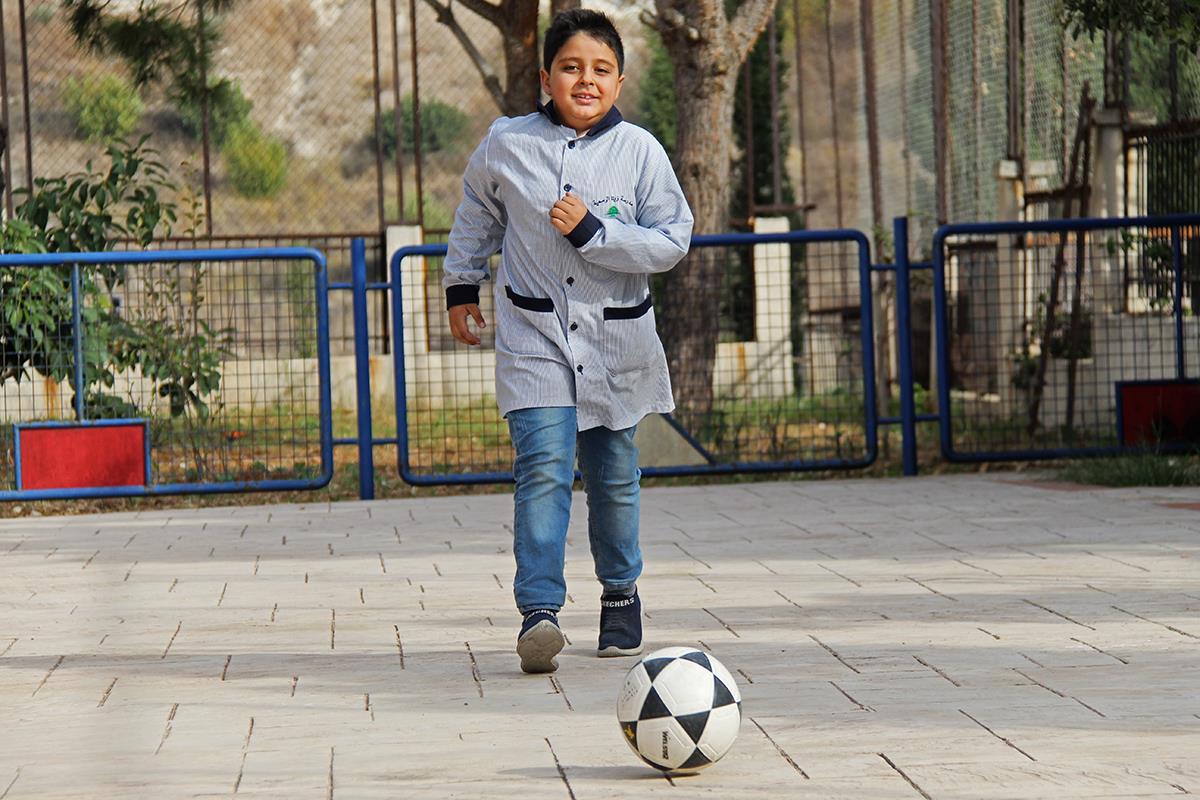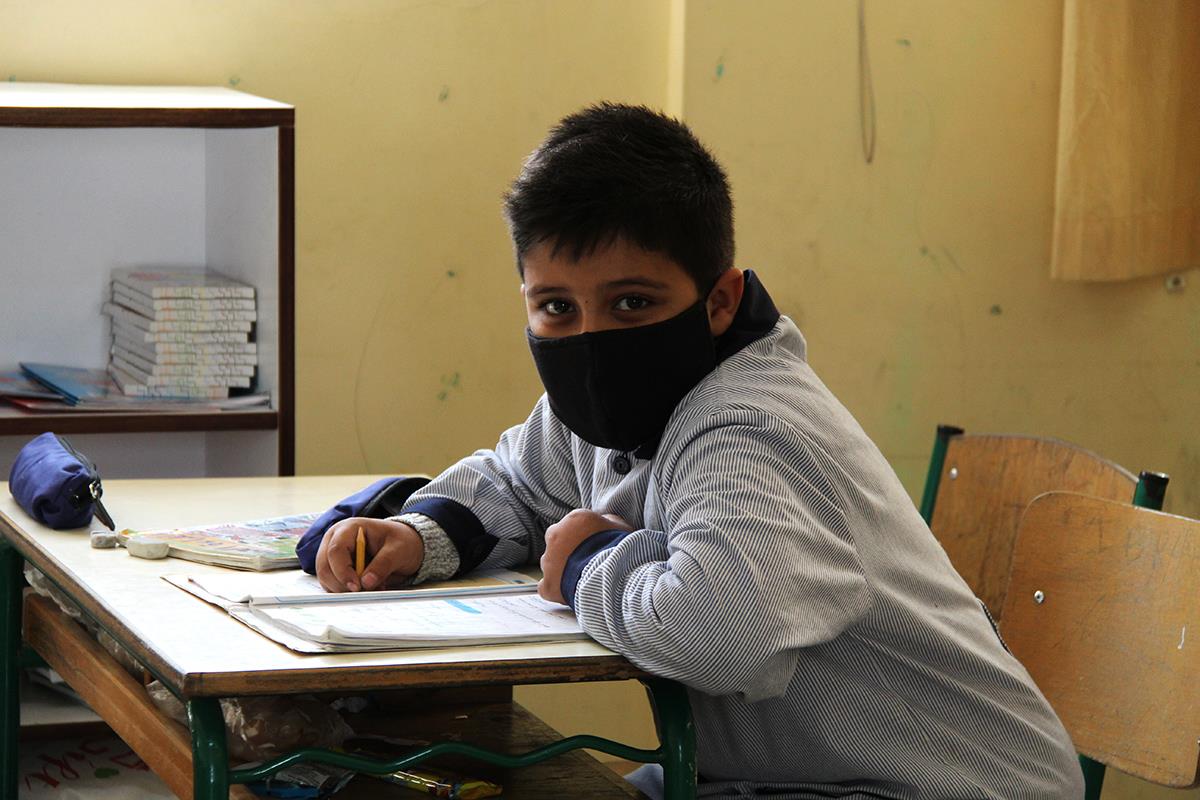Omar (alias), 7 years old now, lives with his grandparents in the village of Zeita, a few kilometers away from the city of Saida, in South Lebanon.
Omar used to disturb the quietness of the public school in Zeita, and used to be lectured quite frequently for his undisciplined behavior. He was overly active, displayed lack of focus and attention in the classroom, and had a tendency to be violent while uttering obscene words and phrases.
Omar went on for years with this behavior, ever since the first grade. He could not read and write properly.
At the Zeita public school, Omar’s case was much noticeable, and was deemed worthy of follow up.
One day, Omar’s grandparents were informed by the school of the opportunity that the Back to the Future (BTF) project presented. Omar could have access to a homework and remedial support program during the winter school season, as well as in summer.
The Back to the Future program enrolled 100 children in that school. Five out of them had social behavioral and learning difficulties, and they had the chance to receive specialized care. Omar was one of these students.


“Omar needed greater attention and guidance, which we provided, and which led to a major improvement in his behavior and school results”, says Mrs. Khadija Chaalan, the principal of Zeita public school, proud of seeing the conclusive positive outcome of the care and dedication of her school staff.
Omar started following up on online classes, without displaying the need for a supporting teacher.
His appointed educator used to follow up on him personally through calls, messages, and voice messages, in parallel to his regular curriculum at school.
He showed much enthusiasm in studying, his performance in reading and counting improved, which reflected on his grades. His behavior shifted from unpredictable to stable, from violent to calm and attentive.
Under the Back to the Future project, around 350 children with learning difficulties have been referred to specialized services.
About Back to the Future
Back to the Future is funded by the European Union, through the EU Regional Trust Fund in response to the Syrian crisis, the EU Madad Fund, and implemented in partnership with AVSI, Terre des Hommes Italy in Lebanon, and War Child Holland in Lebanon.